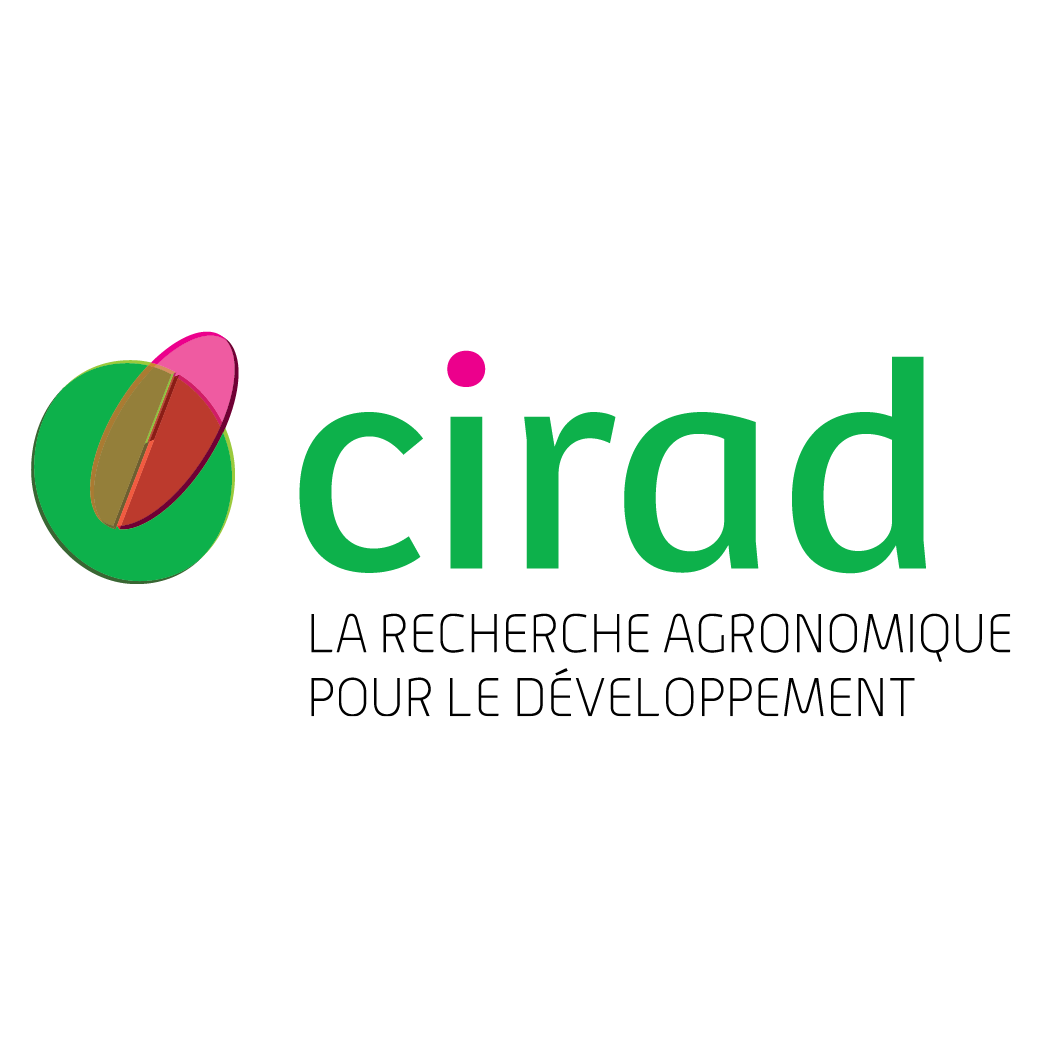formations université numérique
MOOC NECTAR
MOOC NECTAR
Descriptif de la formation
Taxonomy is a fundamental and elementary science. Arthropods and nematodes make up the majority of species on earth. Being able to understand and identify them is thus critical for biodiversity conservation and management.
- Knowing which arthropod or nematode pest species are present in cultivated areas is an essential step for implementing new crop protection strategies using lower amounts of pesticides.
- Knowing which arthropod or nematode natural enemy species are in cultivated areas is critical for efficient biological control measures and to avoid pest outbreaks and invasions (biovigilance).
- Knowing which arthropod or nematode species are present in the natural environment enables threatened species to be identified and biodiversity conservation and management strategies to be developed.
To respond to these challenges, a high quality training course on methods to identify these organisms is essential, particularly in a context where the teaching of taxonomy in Europe is increasingly limited, endangering the future of taxonomical research and the development of biological control and biodiversity management strategies.
This MOOC (in French and English) will deliver 5 weeks of course material and other pedagogical activities covering the following topics:
- Classification of arthropods and nematodes
- Collection and trapping methods
- Morphological and molecular identification methods
- Application of these integrative concepts for agroecosystem management through case studies
This MOOC aims to build knowledge and promote exchanges within an international student community. Through innovative pedagogy, you will valorise your practical and scientific experience with the help of experts, professors and researchers, of Montpellier SupAgro and Agreenium partners.
- Knowing which arthropod or nematode pest species are present in cultivated areas is an essential step for implementing new crop protection strategies using lower amounts of pesticides.
- Knowing which arthropod or nematode natural enemy species are in cultivated areas is critical for efficient biological control measures and to avoid pest outbreaks and invasions (biovigilance).
- Knowing which arthropod or nematode species are present in the natural environment enables threatened species to be identified and biodiversity conservation and management strategies to be developed.
To respond to these challenges, a high quality training course on methods to identify these organisms is essential, particularly in a context where the teaching of taxonomy in Europe is increasingly limited, endangering the future of taxonomical research and the development of biological control and biodiversity management strategies.
This MOOC (in French and English) will deliver 5 weeks of course material and other pedagogical activities covering the following topics:
- Classification of arthropods and nematodes
- Collection and trapping methods
- Morphological and molecular identification methods
- Application of these integrative concepts for agroecosystem management through case studies
This MOOC aims to build knowledge and promote exchanges within an international student community. Through innovative pedagogy, you will valorise your practical and scientific experience with the help of experts, professors and researchers, of Montpellier SupAgro and Agreenium partners.
Photo

Prerequisites
Pre-requisites in biology are required.
Programme
Session 1: Arthropods and Nematodes: general biology and how to collect? (2 weeks)
Session 2: Arthropods and Nematodes: how to identify? (1 week)
Session 3: Arthropods and Nematodes: diagnostic and innovations (1 week)
Session 4: Arthropods and Nematodes: taxonomy and applications for biological control and biodiversity management (1 week)
For the second edition, the MOOC NECTAR invites to a new way to learn. We propose to identify what you want and need to learn and position your knowledge in relation to those that will be brought to you throughout the MOOC.
This reverse pedagogy will allow you to think about your own practices through both theoretical inputs and knowledge co-construction, where any participant can, from his observations, enrich the community.
During these 5 weeks, you will (i) question how your knowledge can apply to your present, future or past job, (ii) evaluate your progress and (iii) interact with other students on the mobilization of acquired knowledge.
Session 2: Arthropods and Nematodes: how to identify? (1 week)
Session 3: Arthropods and Nematodes: diagnostic and innovations (1 week)
Session 4: Arthropods and Nematodes: taxonomy and applications for biological control and biodiversity management (1 week)
For the second edition, the MOOC NECTAR invites to a new way to learn. We propose to identify what you want and need to learn and position your knowledge in relation to those that will be brought to you throughout the MOOC.
This reverse pedagogy will allow you to think about your own practices through both theoretical inputs and knowledge co-construction, where any participant can, from his observations, enrich the community.
During these 5 weeks, you will (i) question how your knowledge can apply to your present, future or past job, (ii) evaluate your progress and (iii) interact with other students on the mobilization of acquired knowledge.
Acquired skills
Implement techniques for collecting insects, mites and nematodes
Understand the different approaches of modern taxonomy and the contribution of molecular biology
Determine the importance of taxonomy for agroecosystem management
Describe and analyse applied case studies involving insects, mites and nematodes
Understand the different approaches of modern taxonomy and the contribution of molecular biology
Determine the importance of taxonomy for agroecosystem management
Describe and analyse applied case studies involving insects, mites and nematodes
logo

Partnership
AgreeniumResearch partnership
logo

logo

Prospects
statut
Formation continue
Teaching languages
Langue d'enseignement
Français
Français & Anglais
Useful information
- Durée de la formation : Length of the training5 weeks
- Formation : Distance learning, 4h-5h de travail par semaine
- Ce cours ne délivre ni attestation ni certificat.
Validation
- Nombre d’ECTS délivrés : Nombre d'ECTS délivrés0
© Agreenium, the French training and research alliance for agriculture, food, environment and global health - Contact

